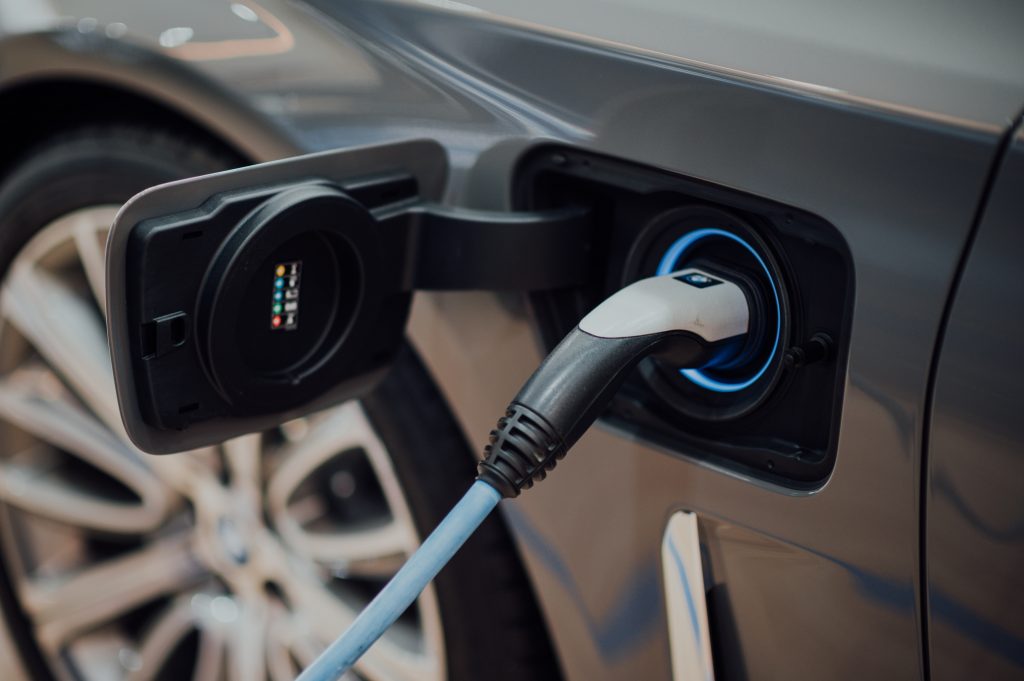With the end of February in sight, many around the UK, this marks a time when the new vehicle registration plates are issued – 1st March. This is the time many believe discounts are issued on cars with older registration plates.
But what about the taxes? Low tax vehicles are now becoming more and in the spotlight.
Currently in the 20/21 tax year we are in, the Benefit in Kind (BIK) % tax rate on cars registered from 6th April 2020 can vary anywhere from 0% to 37%. Vehicles that produce zero CO2 emissions are 0% BIK and vehicles that produce 170+ vehicles emissions being 37% BIK rate.
For pure electric vehicles however, the BIK rate ranges from 0% to a mere 12%, the rate depending on the electric range of miles. Miles below 30 currently equal a 12% BIK rate and over 130, 0%.
For the upcoming new tax year (21/22), whilst there are inevitable tax increases, electric cars still represent a massive saving on the BIK, with rates varying from 1% to 13%, based on the same variable above, with only other fuelled vehicles of 1-50 CO2 emissions at the same rate (a rarity these days).
It is worth noting before deciding on purchasing a new car however, the BIK rate will always be based on the vehicles initial listing price, not what you purchased it for. So let’s take a look at what you could consider:
The Tesla Model X Long Range Plus AWD Auto (Electric) (Low tax).
With a listing price of £82,925, you can expect a BIK rate at 1%, or £829 for the 21/22 tax year. Tax payable on this for a basic rate payer (20%) is only £166 and for higher rate payers (40%) it is £332.
Now if we compare this to a similar valued petrol car:
BMW X6 M50i Auto (Petrol).
With a listing price of £81,265 and P11D value of £79,035, the BIK rate is a whopping 37% for 21/22 tax year. This equates to a BIK of £29,243. For a basic rate tax payer, this is £5,849 tax bill and for a higher rate tax payer, £11,697.
Note: You can calculate your rough BIK taxes here: https://www.gov.uk/calculate-tax-on-company-cars.
As you can see, the tax differences can be costly. But the benefits of electric cars are not only found via PAYE and BIK. If you are a company director and wish to purchase a vehicle through your company, you can claim 100% FYA on electric cars. In comparison, non-electric cars hold WDA rates of between 6 – 18%. This represents a great short term cash flow saving on Corporation tax.
With the Budget soon to be announced on 3r March 2021, many taxes remain uncertain, however one thing is for certain, electric remain a tax efficient purchase for many.
Whilst you may or may not agree with Mr Elon Musk all the time, I am sure we can all agree, Tesla cars may just be a great opportunity for many.
For more on this and other taxes, contact us for a free consultation.



